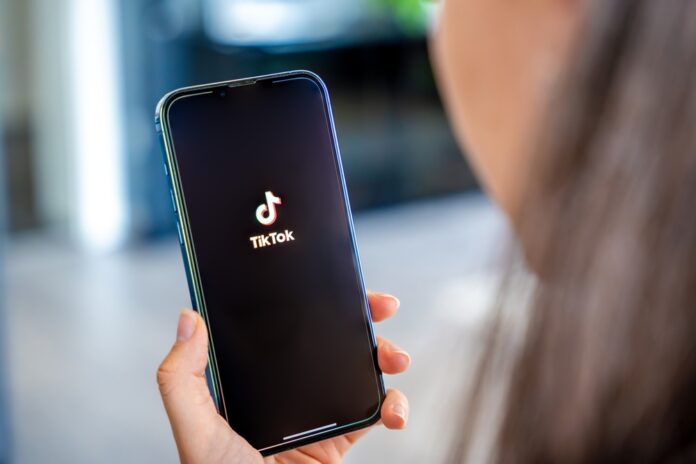The TikTok Shop is no longer just a bet on Brazilian e-commerce: the social network sales platform moves about US$ 46 million per month in the country, reaching the mark of US$1 million per day in 2025, according to data from Itau BBA.
According to a report published on InvestNews, a the 25-fold growth in just four months puts the app at the center of a larger discussion: could Brazil see a “super shopping app” born here, in the mold of what already happens in Asia?
Unlike traditional players such as Mercado Livre and Amazon, the TikTok Shop does not depend on active consumer search.The logic is the opposite: products reach the public through short and creative videos, in a fusion between entertainment and consumption.
It is the same dynamic that has transformed Douyin (the Chinese version of TikTok) into an ecosystem that concentrates purchases, payments and services.
Direct dispute with marketplaces
For Felipe Cardoso, CEO of rank Right Agency, while the application is in stage in Brazil, it has been a reality in Asia for some time.
“Whoever adapts first here can gain a relevant share of the market, especially among young”, he comments, pointing out that the biggest mistake would be to treat the TikTok Shop as a conventional marketplace: “A logic is not catalog, but engagement. It is necessary to build narrative before selling”, he points out.
How companies can position themselves in the TikTok Shop
Digital marketing experts point out that Brazilian brands can strengthen their presence on the platform with combined strategies, which go beyond simply opening an online showcase. Among the main recommendations are:
- Strengthen the digital framework: Invest in SEO, backlinks and user experience to ensure that official websites support in-app sales.
- Bet on content marketing: Produce short videos, sector research and articles that dialogue with the “” of consumers, expanding digital authority.
- Use influencers and creators: Partnerships with high-adherence profiles help increase conversions and strengthen brand awareness.
- Integrate sales channels: Create strategies that connect the operation in the TikTok Shop to other marketplaces and to the e-commerce itself, maximizing results.
With daily revenues already in the US$1 million, the TikTok Shop opens space for a new cycle of e-commerce in Brazil. Consolidation will depend on the platform's ability to replicate the Asian super app model and the speed of adaptation of local companies to new digital dynamics.


